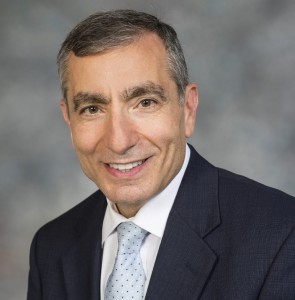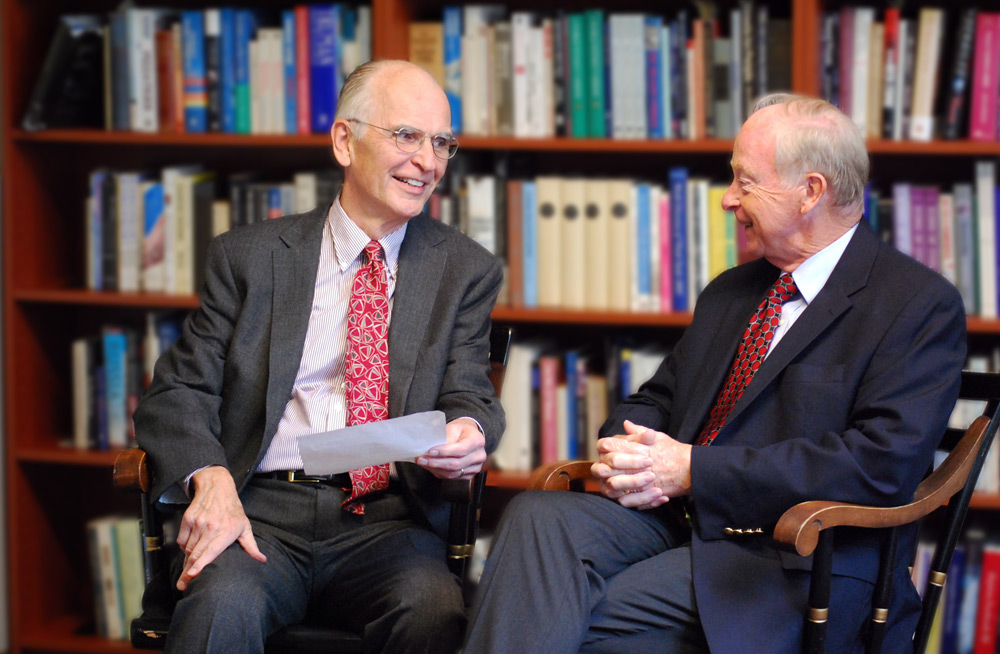Was it really sixty some years ago that Harvard stood up against Sen. Joe McCarthy and and his exaggerated charges of communism on campuses? Today, Harvard has swung far to the other end of the ideological spectrum. For example, it has new policies that encourage tendentious prosecution of males who have sex with females without getting adequate permission. The whole idea is ludicrous. It’s hard enough to get students to use birth control, let alone to abstain. But to arrange some sort of sex contract? Get serious. (Some are suggesting that the new rules are such a turn-off that rampant sex on campus will have cold water thrown on it, so to speak. Not altogether a bad thing. But threatening prosecution for sex acts after the fact is a strange way to achieve moral reform.)
Some Harvard Law professors have, indeed, become serious and are objecting to Harvard’s new standards as extra-legal and ethically unsound. Their arguments make sense and, one hopes, will have influence on faculty at other universities.
But, meanwhile, why do universities think it is their business to adjudicate rape charges in the first place? We have good civil/criminal laws on the subject. A charge of rape is far too serious to be handled by appointed university boards–especially since many of them are kangaroo courts. Call the police, people! Read More ›
 Canon Andrew White, the Anglican “Vicar of Baghdad”, has seen his congregation shrink from 6000 to 160 since the Iraq War began in 2003. The Christian population of Baghdad “will never come back,” he fears, many of them now in camps in Northern Iraq’s Kurdish areas. Some Christians have made it to America.
Canon Andrew White, the Anglican “Vicar of Baghdad”, has seen his congregation shrink from 6000 to 160 since the Iraq War began in 2003. The Christian population of Baghdad “will never come back,” he fears, many of them now in camps in Northern Iraq’s Kurdish areas. Some Christians have made it to America.

